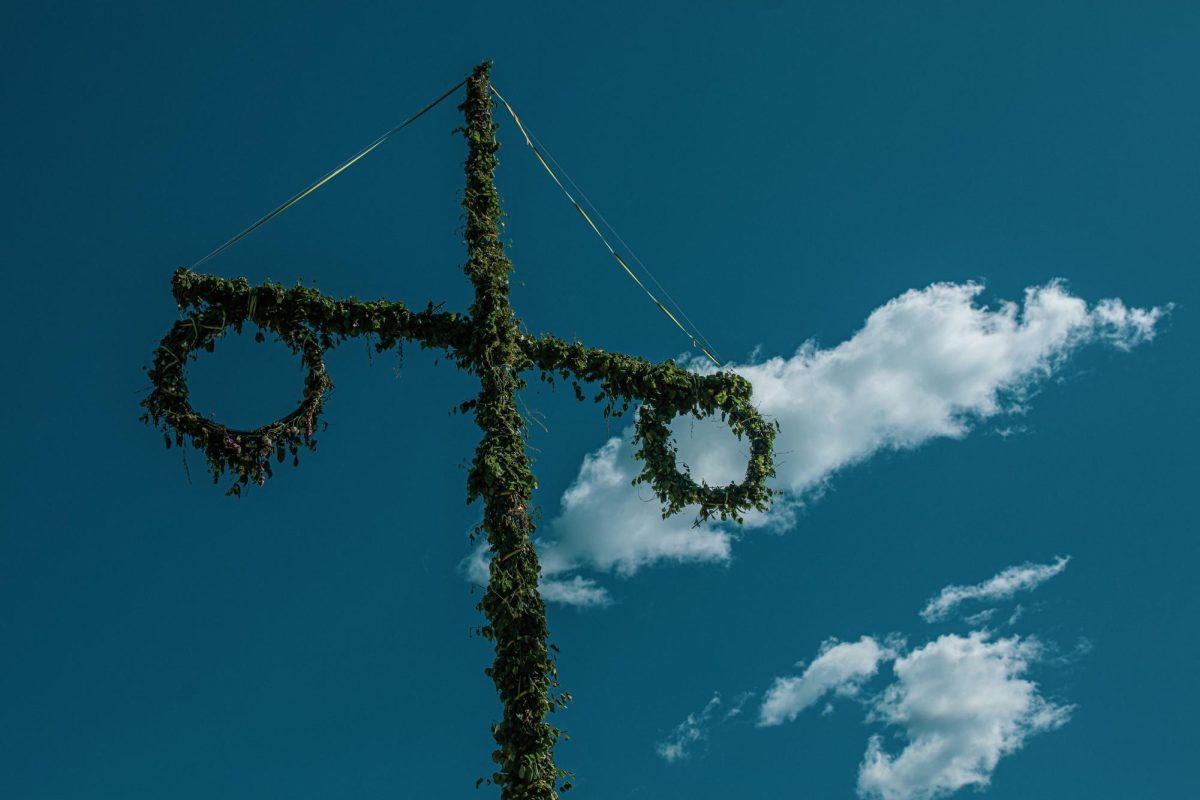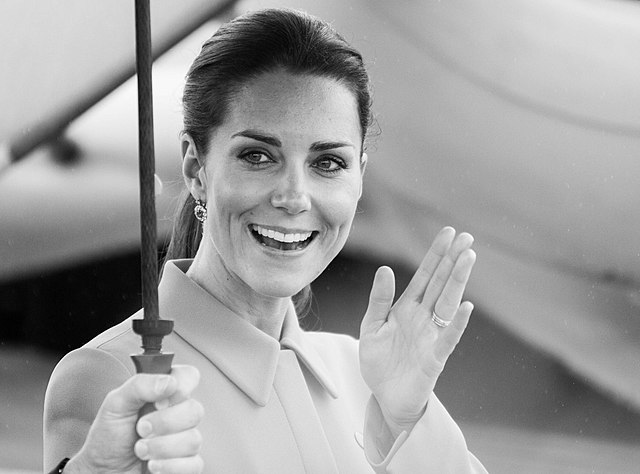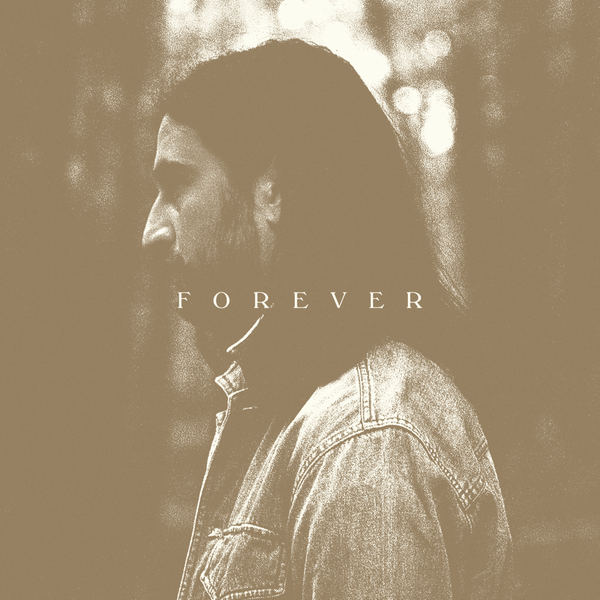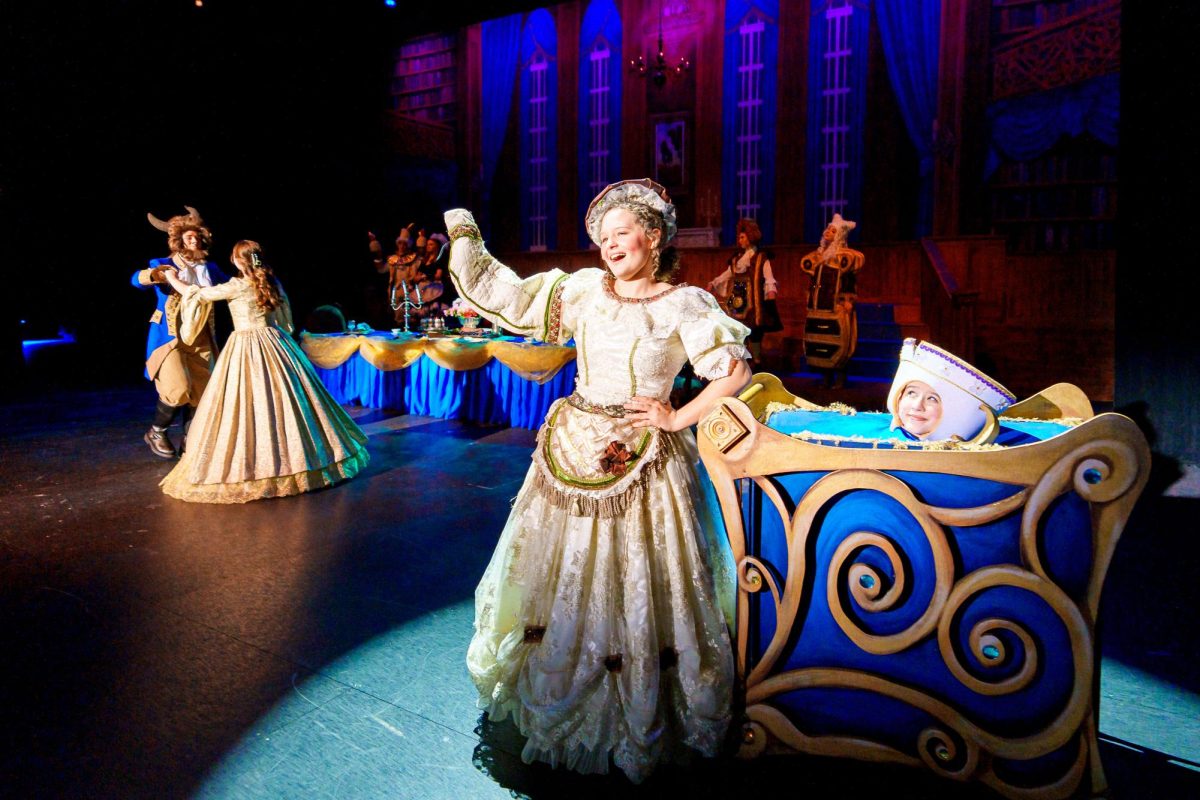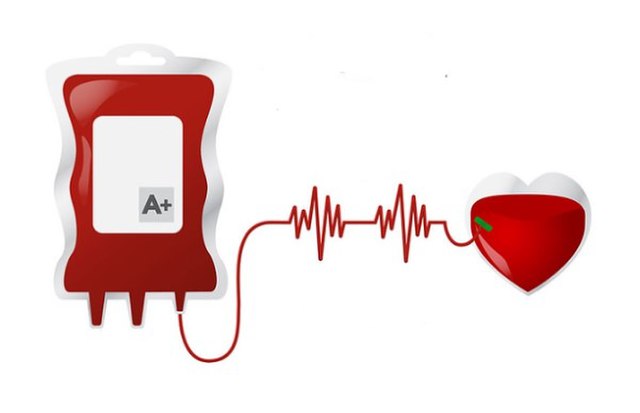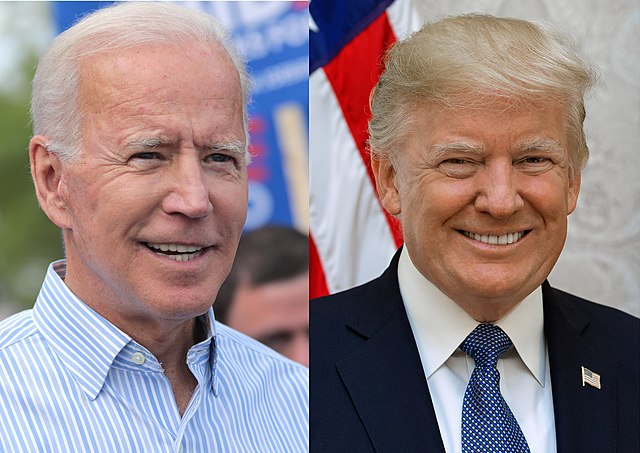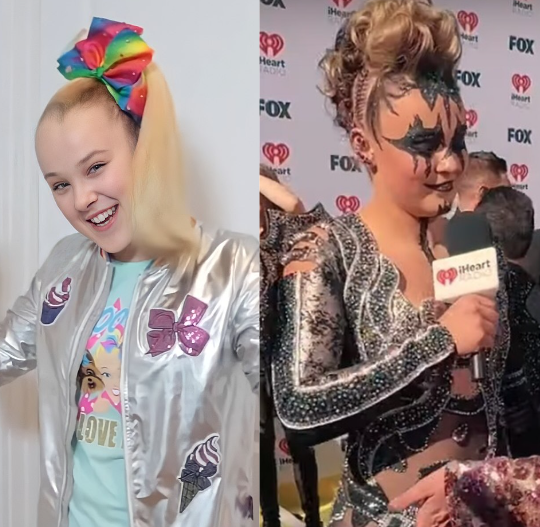
When she was just nine years old, Jojo Siwa became a television regular on the hit reality show (and window into a systematic mental torture chamber) Dance Moms. Since then, she has rocketed to fame as a child star. Her fame on YouTube, her product lines and stadium tours at the young age of 15 made her a worldwide sensation. Her trademark product, her Nike swoosh to her pair of Jordans, was her collection of big, obnoxious bows, affectionately called “JoJo Bow Bows.” She starred in the 2018 Nickelodeon movie, Blurt!, as well as Lip Sync Battle Shorties. In 2021, she played herself in a fictitious story called The J Team. Now, at the age of 20, Jojo is hitting a creative crossroads. She has built her fame off of her childish persona. Recently, she has tried to rebrand into an edgier, adult version of herself. To most, it has fallen hilariously flat.
Her new single, “Karma,” is her attempt at making music suited to older audiences, an attempt that has garnered a lot of attention. The official music video has 28 million views on Youtube. Additionally, Jojo’s dance accompanying the song has made it a popular sound on TikTok. Despite all this attention, most people agree that the song is not actually good. Countless content creators have taken to the internet to make fun of both the song and the singer. Comment sections are full of hate for the song and the music video. The song’s success is largely due to one thing: people think it’s a joke.
Jojo’s marketing for her new single has flooded online social media platforms. Her empire may have been built off the sweet dollars of impressionable children, but now she must rely on a newer, more jaded and ignorant audience: teens and adults. Even I, an 18 year old male who never spent a second watching Jojo Siwa as a kid, have seen the formerly bow laden, rainbow color clothes swaggering teen star a lot on Tiktok, Instagram, and X, formerly known as Twitter. Some might say that all publicity is good publicity, but for Jojo it is far from the truth. Her comments about pioneering “gay pop” were met with backlash all across online platforms.
Jojo Siwa does identify as a member of the LGBTQ+ community, though has never declared publicly what her sexuality is. While her new song is catchy and reminds listeners of an early 2010’s pop scene dominated by queer-adjacent artists like Lady Gaga and Katy Perry, Jojo is far from a pioneer of “gay pop.” Why? Because gay pop has been a thing for over 50 years. David Bowie, Freddy Mercury, Elton John, Prince, Lady Gaga, Beyonce, Katy Perry, Madonna, and Frank Ocean have explored themes of gender identity, homosexuality, breaking gender norms, and queer liberation well before Jojo Siwa. Jojo isn’t anywhere close to being at the forefront of the gay music scene now, either. Big names already exist in Jojo’s “self-made” genre. Girl in Red, King Princess, Dove Cameron, and Reneé Rapp are just a few artists in an ever expanding list. Jojo’s disregard for past and current gay pop icons shows her disconnect from the community she’s desperately trying to appeal to.
What makes Jojo’s comments even stranger is that her new song doesn’t really tackle the typical themes associated with “gay pop.” If anything, this song is one born of resentment for an ex lover. Sure, the music video (which only adds to the strangeness of Jojo’s rebrand) features Jojo dancing in a very risque manner with different female dancers. But at the end of the day, her new song is just about how karma is going to smite the person who hurt her. All in all, the concept of this being some sort of “gay anthem” is lost.
Another wrinkle in the Jojo rebrand is her attitude shift in interviews. For instance during one interview before the release of her new song, Jojo Siwa infamously remarked “Dream guest on my podcast? Let’s spice things up, one of my ex’s.” Setting aside the cringey, palm-to-face response and how Tiktok has meme’d this ten second clip to death, this attitude shift represents why Jojo’s rebrand is destined to fail: she has never publicly been a spiteful and vindictive person. This is the child pop-star who above all else preached positivity, self-love, and accepting those around you. She famously was the girl who never really “grew up” and matured in the limelight. Her brand didn’t need her to. She had kids around the world at her behest, and the best way to appeal to kids is to act like them. That’s what Jojo Siwa was best at: being a kid. Now as she approaches the legal drinking age, Jojo has hit a crisis point that many child stars hit: how do I become an adult? Some have done this successfully. Britney Spears, Justin Timberlake, Daniel Radcliffe, Jake Gyllenhaal, Ryan (the GOAT) Gosling, and Selena Gomez just to name a few. But for every Ryan Gosling and Justin Timberlake, there are a thousand Macaulay Culkins.
The overall point I am trying to make is that Jojo never had that growing up period as an artist, as a performer, or (arguably) as a person in the limelight. Somebody like Justin Timberlake had a perfectly natural maturation as a performer. His debut solo work, Justified, still winced with the anguish of teenage love. People still saw JT as a kid in 2002. By 2006, FutureSex/LoveSounds shattered that perception. And yes, I am an 18 year male. And yes, I love me some Justin Timberlake. Don’t hate it until you try it. With Jojo Siwa, you could argue that her new song is her “maturation” into a more adult role, but with the criticism being levied against her, it’s hard to ever see the adult version of Jojo Siwa and think “yeah, that’s totally natural.”


